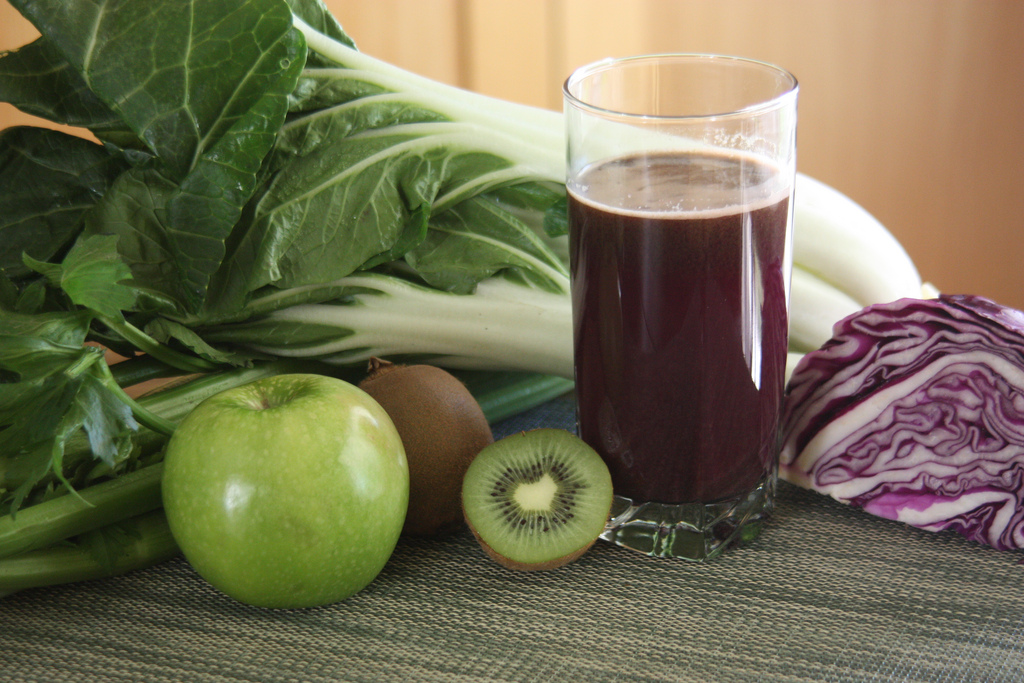
We all know that drinking water is important for our health. But that’s about as far as most of us get. We often don’t realize just HOW MUCH water impacts our body and all the effects dehydration has on us. And, if we are honest, the vast majority of us don’t drink as much water or consume as many hydrating foods as we should.
So let’s dive a LITTLE deeper…starting with the different kinds of dehydration. Yes, there’s more than one!
Types of Dehydration:
- Hypotonic/Hyponatremic – The loss of electrolytes, mostly sodium.
- Hypertonic/Hypernatremic – The loss of water.
- Isotonic/Isonatremic – The loss of both electrolytes and water.
Dehydration Symptoms:
There are some symptoms of dehydration that are more obvious: thirst, feeling sick in the heat…We naturally associate these with dehydration (especially during the hot summer months, or when we are really active). But sometimes the symptoms can be a little more sneaky and effect us in ways that we don’t even think to connect with our body’s lack of water and/or electrolytes.
-Dry Mouth and Bad Breath – Human saliva is primarily composed of water. It is essential in keeping your mouth bacteria-free. Thus, a lack of water can facilitate an overgrowth of these bacteria. This overgrowth of bacteria can cause you to have bad breath.
-Muscle Weakness – Water helps your muscles perform all their day-to-day tasks such as contracting and relaxing. When you have a great loss of fluids or a lack of consumption, your body loses a lot of minerals, When your body has a shortage of minerals such as potassium, magnesium, and calcium, you can find yourself feeling lethargic. Lack of these electrolytes can cause a fluid imbalance and induce muscle spasms.
-Headache – Headaches, due to dehydration, can range from mild to a more severe migraine. When the body is dehydrated, the brain can temporarily contract or shrink from fluid loss. This causes the brain to pull away from the skull, causing pain and resulting in a headache. Now, it may sound a little freaky, but there is no need to panic just yet. Make sure you re-hydrate and your brain will go back to normal.
-Dizziness – Lack of water even affects your blood. When you’re severely dehydrated, your blood pressure can drop. This decreases blood flow to the brain and you can start to feel dizzy.
-Digestive Issues – Your kidneys and liver require water to clean your blood, produce urine and help your body to get rid of waste. Dehydration can worsen constipation, diarrhea and other digestive issues so up your water intake and consume high-fiber foods to “keep things moving.”
-Skin and Hair Issues – Your body needs enough moisture to sweat the amount necessary to dilute toxins so they do not irritate the skin. Lack of water IN the body leads to dry skin on the OUTSIDE, dull and bloodshot eyes and dry, weak and brittle hair.
-Excess Weight – We often times confuse thirst for hunger, so we tend to eat more when what our body really needs is more water or foods rich in water.
-Fatigue – Just about every function in the body depends on water. As we have already learned, water is crucial for proper digestion, it affects your brain health (mood goes a long way in dictating energy levels), it helps your heart pump blood more effectively, and helps transport oxygen and other essential nutrients to your cells. So it’s little wonder dehydration can lower our energy!
Hydrating Foods:
While drinking water is the best way to stay hydrated, you can also do that by adding more hydrating FOODS into your diet. It can be easier, and more fun, to consume these water-rich foods than trying to remember to chug glasses of water every day.
These are NOT to take place of drinking water, you should still continue to do that. But these are ways to ADD to your water consumption, while also consuming other nutrients your body needs at the same time!
-Celery
-Cucumbers
-Bell Peppers
-Watermelon/Melon
-Citrus Fruits
-Kiwi
Now there is the ever asked question: How much water should we be drinking each day? You’ve probably been told that “eight glasses per day” is the the standard recommendation for adults. While that is a good place to start, the actual amount that you need depends on factors of each individual… such as your body size, activity level, age, diet, and how much alcohol, coffee and other drinks you consume.




